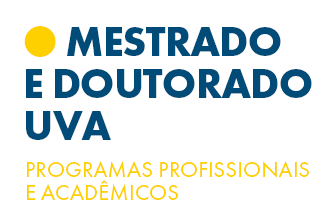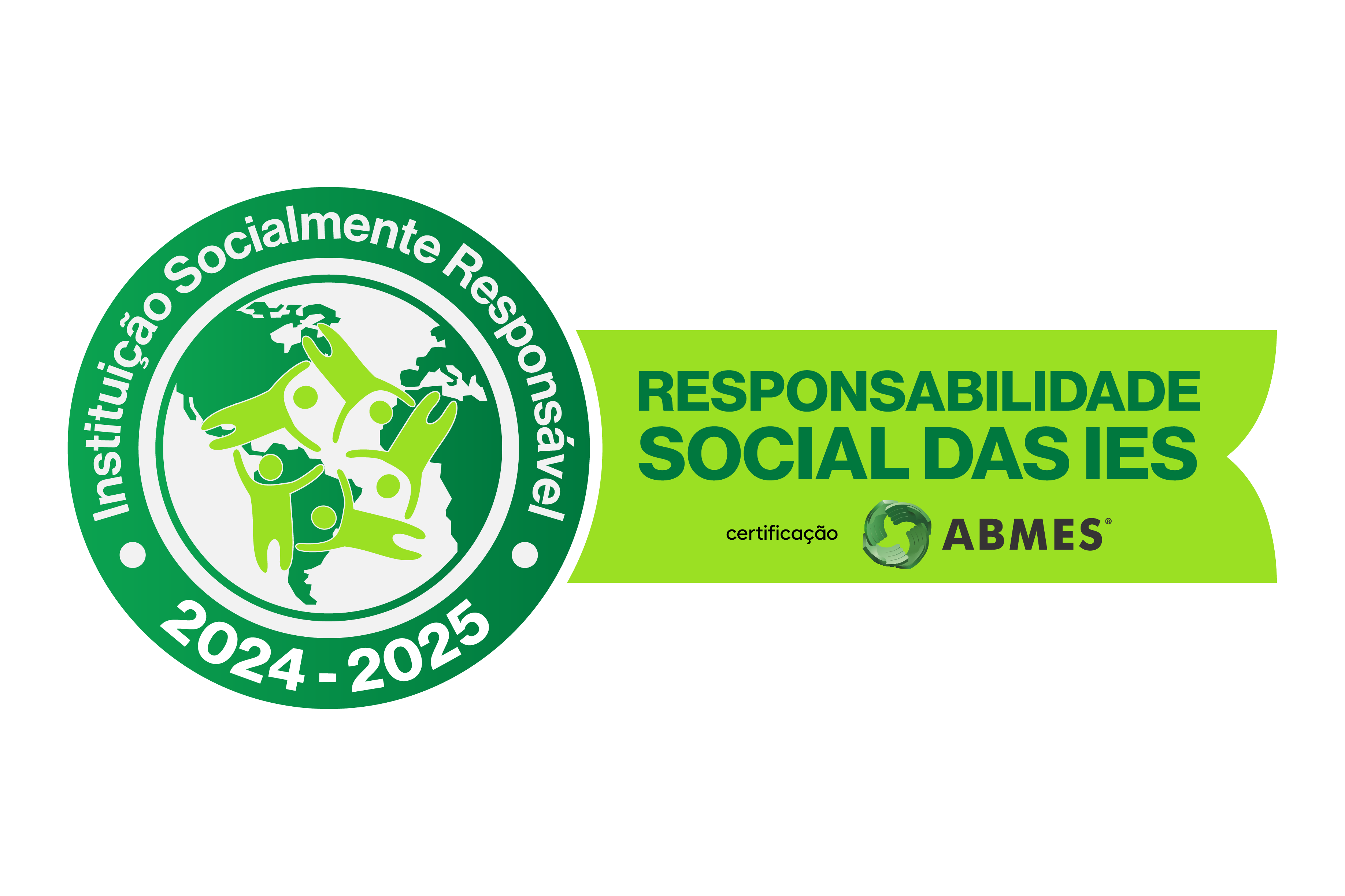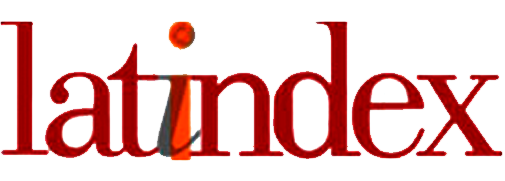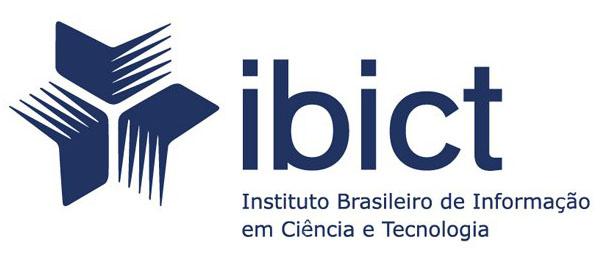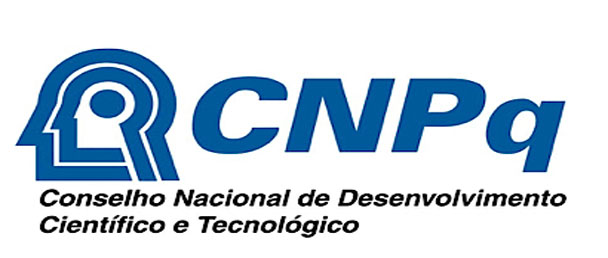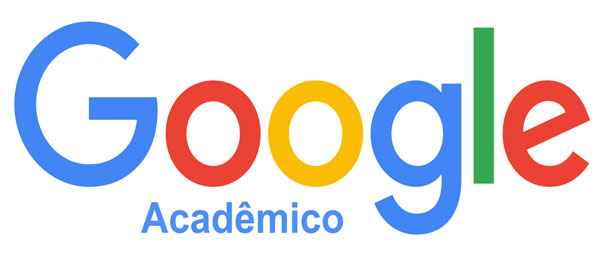Discourse analysis as a methodological tool in research in human, social and applied sciences: contributions of charaudeau and fairclough
Discourse analysis as a methodological tool in research in human, social and applied sciences: contributions of Charaudeau and Fairclough
Keywords:
Scientific research, Methodological yool, Speech analysisAbstract
This article presents the Discourse Analysis as a possibility of use for the achievement of research in the areas covered by the Human, Social and Applied Sciences in the form of a methodological resource. Seeking to break with the reductionist perspective of certain approaches existing in the academy, Discourse Analysis allows us to extract a significant amount of concepts, ideologies and social practices commonly found in objects and research subjects existing in the Human, Social and Applied Sciences, not contemplated by others. perspectives of analysis, mainly through positivist molds. It starts with Charaudeau and Fairclough's definitions about the understanding of discourse as a mode of action that, due to its dialectical relationship with the social structure, allows us to investigate discursive practices as material forms of ideology. This methodology contributes to the way in which official documents, legal norms, written and spoken speeches can be analyzed, showing that it is not just about neutral and impartial guidelines, but they articulate interests, design policies, produce social interventions and consensus. It is concluded that more important than making it possible to elucidate the conceptual or analytical richness of these areas, this preservation should not be confused with permissiveness, transforming the academic-scientific works of the Humanities, Applied Social Sciences into a den of arbitrariness only to agree with a prior thinking about the topic investigated by the scientist.
Downloads
References
BRASIL. Secretaria de Educação Fundamental. Parâmetros curriculares nacionais : introdução aos parâmetros curriculares nacionais / Secretaria de Educação Fundamental. – Brasília: MEC/SEF, 1997.126p
CHARAUDEAU, Patrick. A conquista da opinião pública: como o discurso manipula as escolhas políticas. Trad. Angela M. S. Corrêa. – São Paulo: Contexto, 2016.
CHOULIARAK, L., N. FAIRCLOUGH. 1999. Discourse in Late Modernity: Rethinking Critical Discourse Analysis. Edimburgo: Edinburgh University Press.
FAIRCLOUGH, N. Discurso e mudança social. Brasília: Universidade de Brasília, 2001.
_____. Analyzing discourse: textual analysis for social research. London; New York: Routledge, 2003.
FIORIN, José Luiz. Argumentação. 1ª ed. – São Paulo: Contexto, 2017.
FRANCO, M. L. P. B. Representações sociais, ideologia e desenvolvimento da consciência. Cadernos de Pesquisa, v. 34, n. 121, jan./abr. 2004 p. 169-186, jan./abr. 2004.
KOCH, Ingedore Grunfeld Villaça. A Inter-Ação pela Linguagem. 11ª. ed., 2ª reimpressão. – São Paulo: Contexto, 2015.
MAGALHAES, Izabel. Introdução: a análise de discurso crítica. Delta, São Paulo, v. 21,n. spe, p.1 9. 2005. Disponível em http://www.scielo.br/scielo.php?script=sci_arttext&pid=S0102-
44502005000300002&lng=en&nrm=iso>. Acesso em 09 Nov. 2019.
MARTELOTTA, Mário Eduardo (org.). Manual de linguística. São Paulo: Contexto, 2008.
NETO, José Borges. Formalismo versus Funcionalismo nos estudos linguísticos. Anais do 1º Encontro do CelSul, Vol. 1, 1997, p. 15-24.
PAVEAU, Marie-Anne. As grandes teorias da linguística: da gramática comparativa à pragmática. São Carlos: Claraluz, 2006.
RESENDE, V. M.; RAMALHO, V. V. S. Análise de discurso crítica, do modelo tridimensional à articulação entre práticas: implicações teórico-metodológica. In (Dis)curso - LemD, Tubarão, v. 5, n.1, p. 185-207, jul./dez. 2004
SAUSSURE, Ferdinand de. Curso de Linguística Geral. São Paulo: Cultrix, 2006.
TRIVINOS, A. W. S. Introdução à pesquisa em ciências sociais. São Paulo:Atlas, 1987.
WODAK, Ruth. De qué trata el análisis crítico del discurso. Resumen de su historia, sus conceptos fundamentales y sus desarrollos. In: –––; MEYER, Michel (orgs.). Métodos de Análisis Crítico del Discurso. Barcelona: Gedisa, 2003, p. 17-34.


